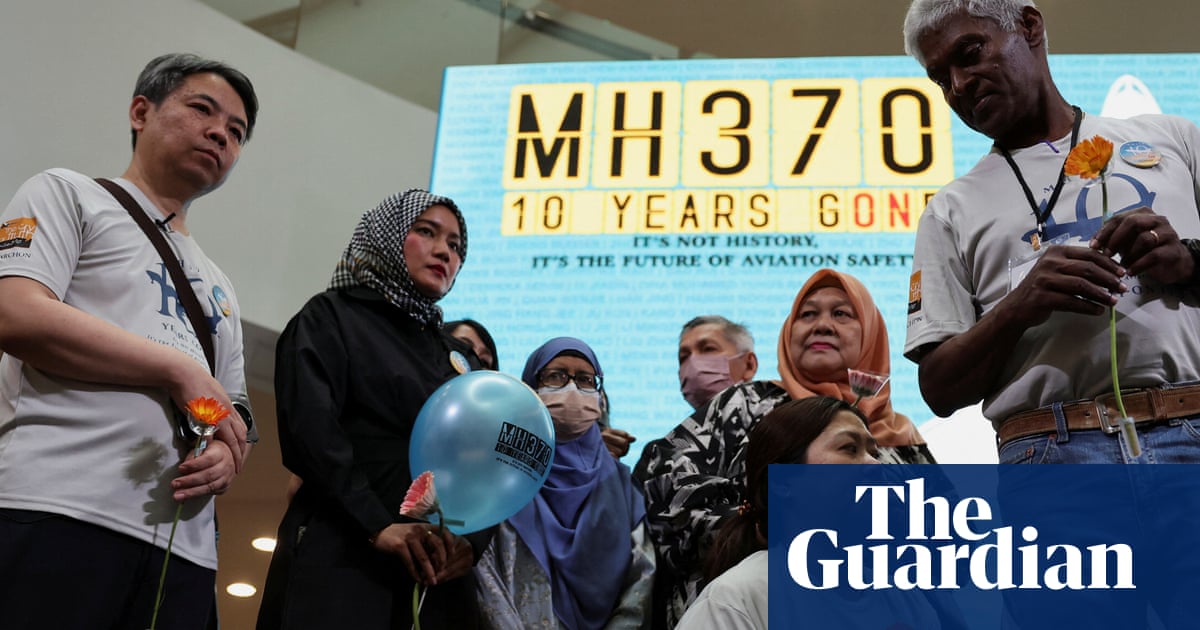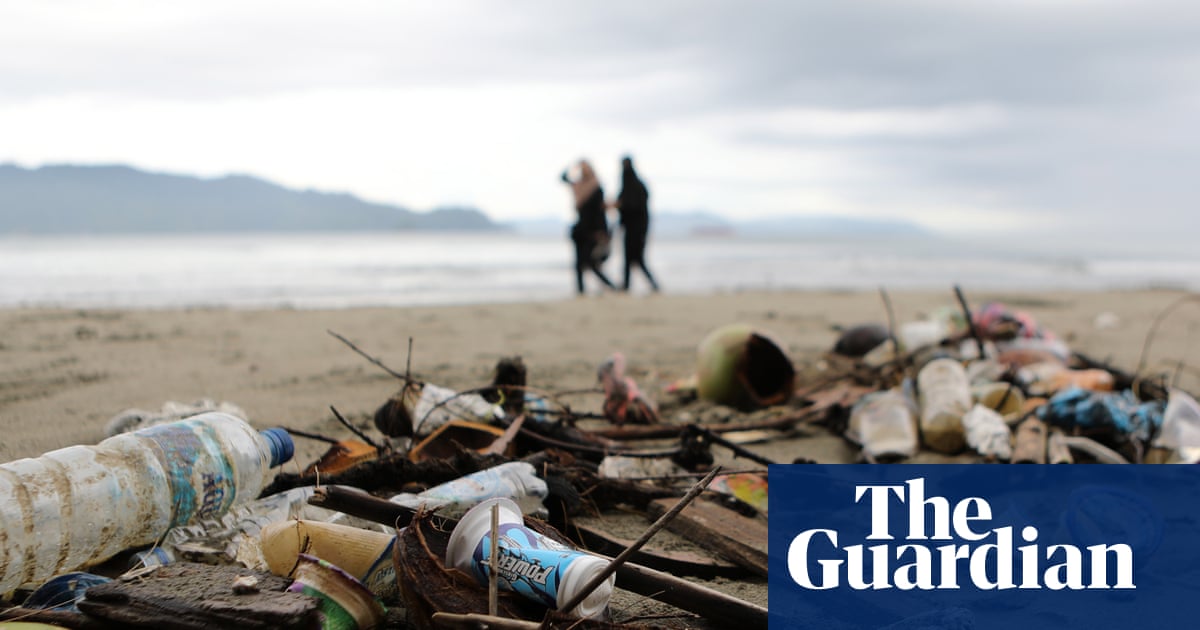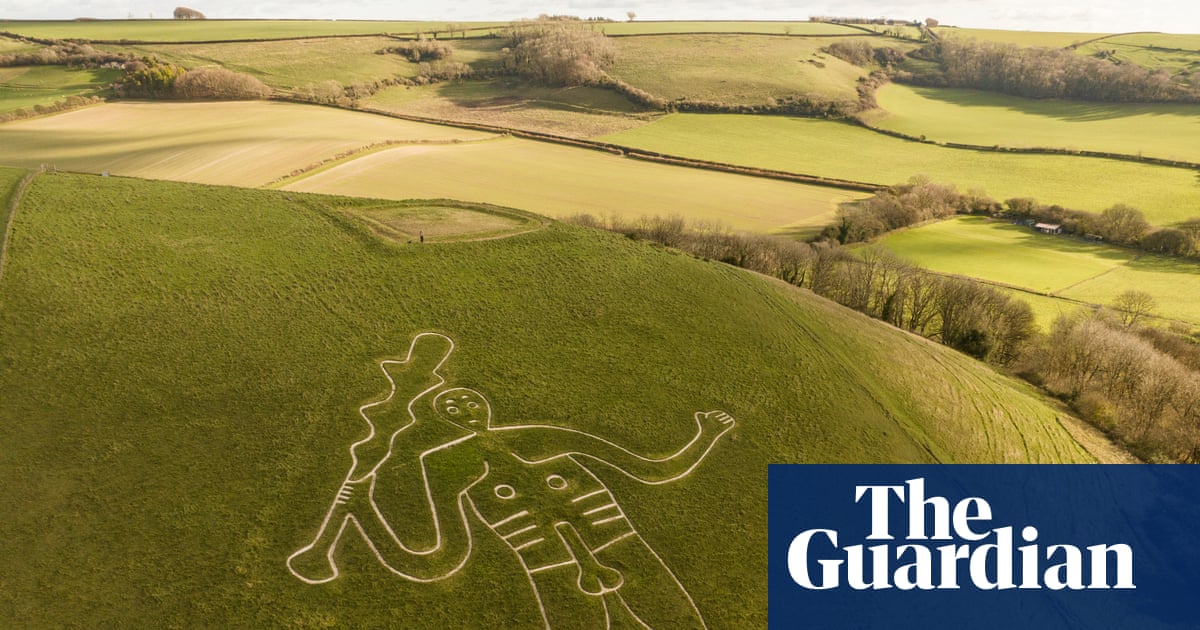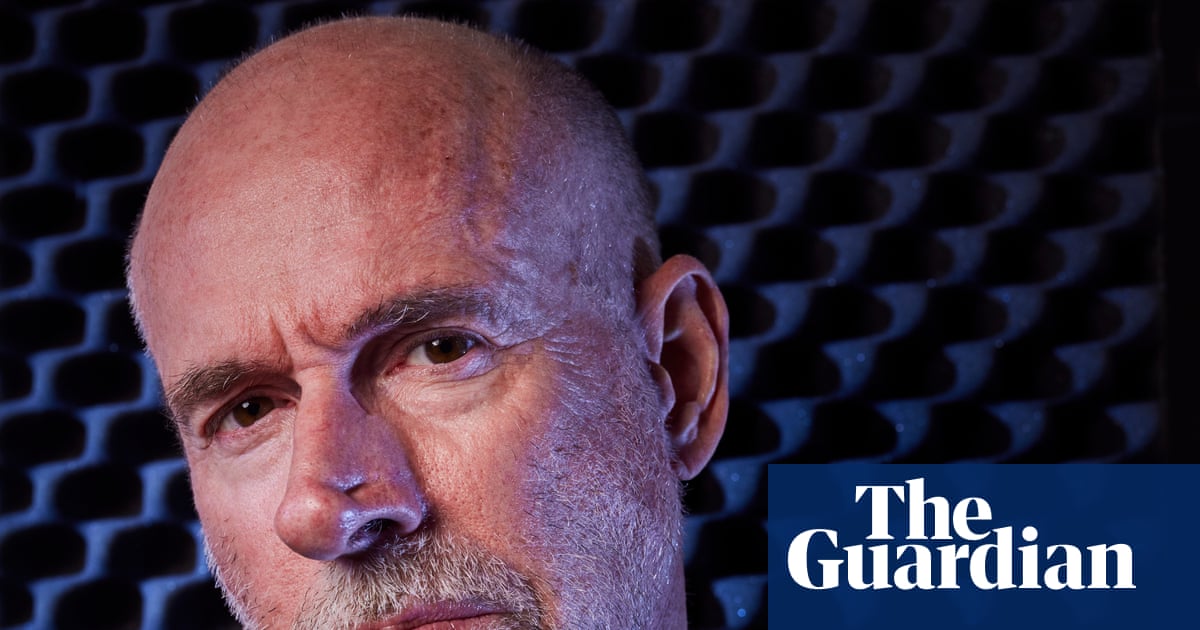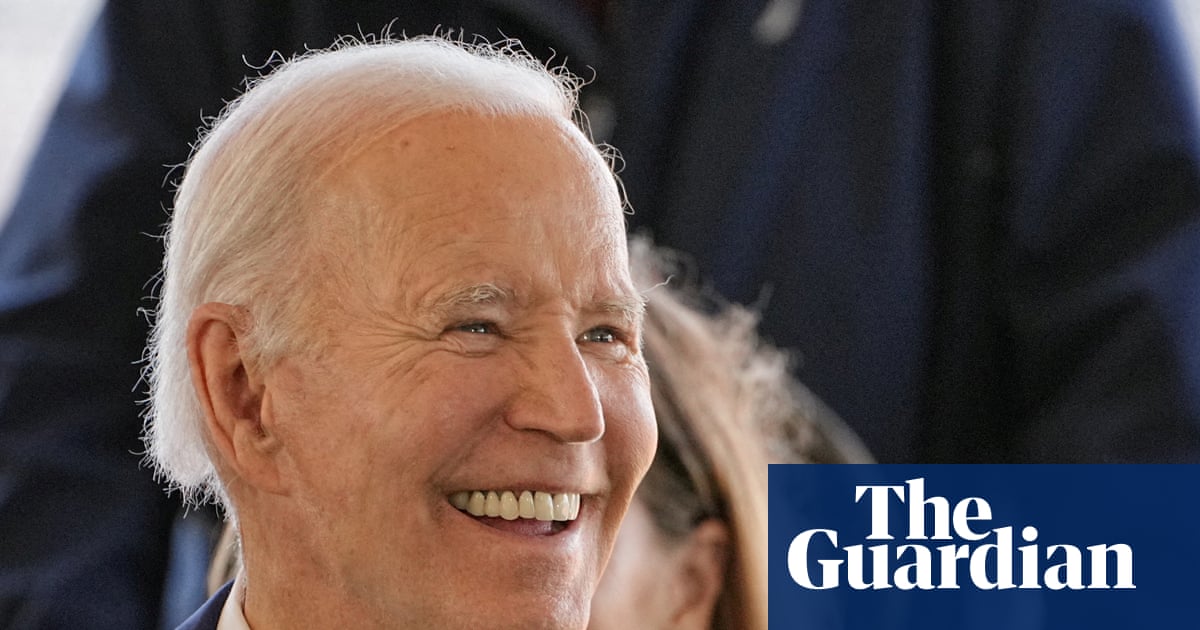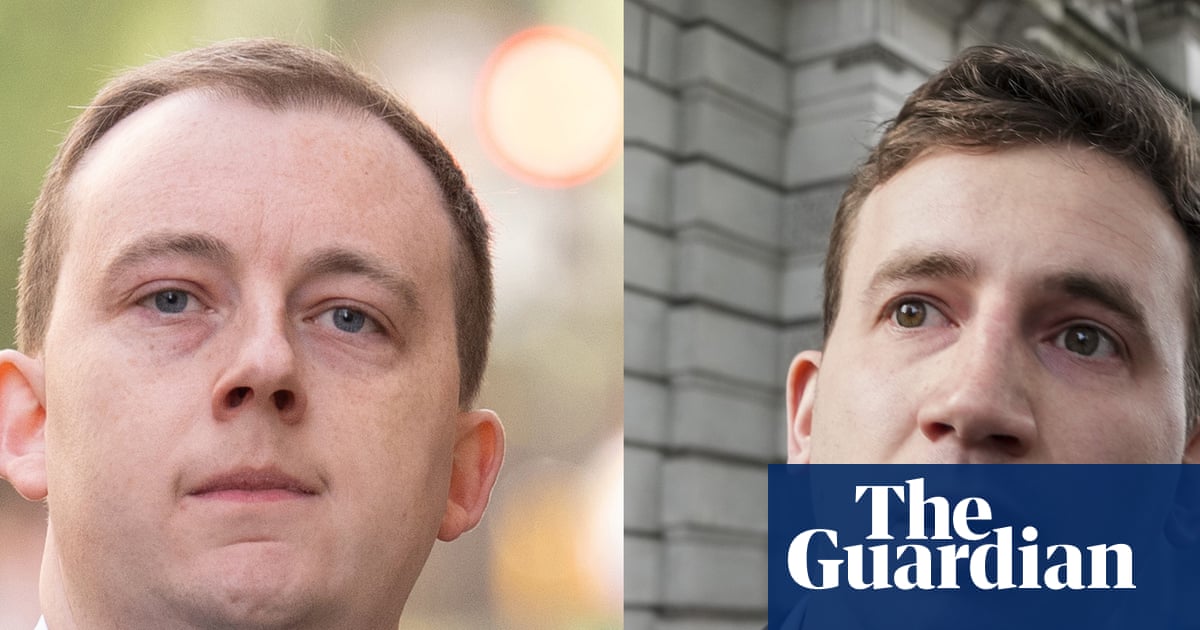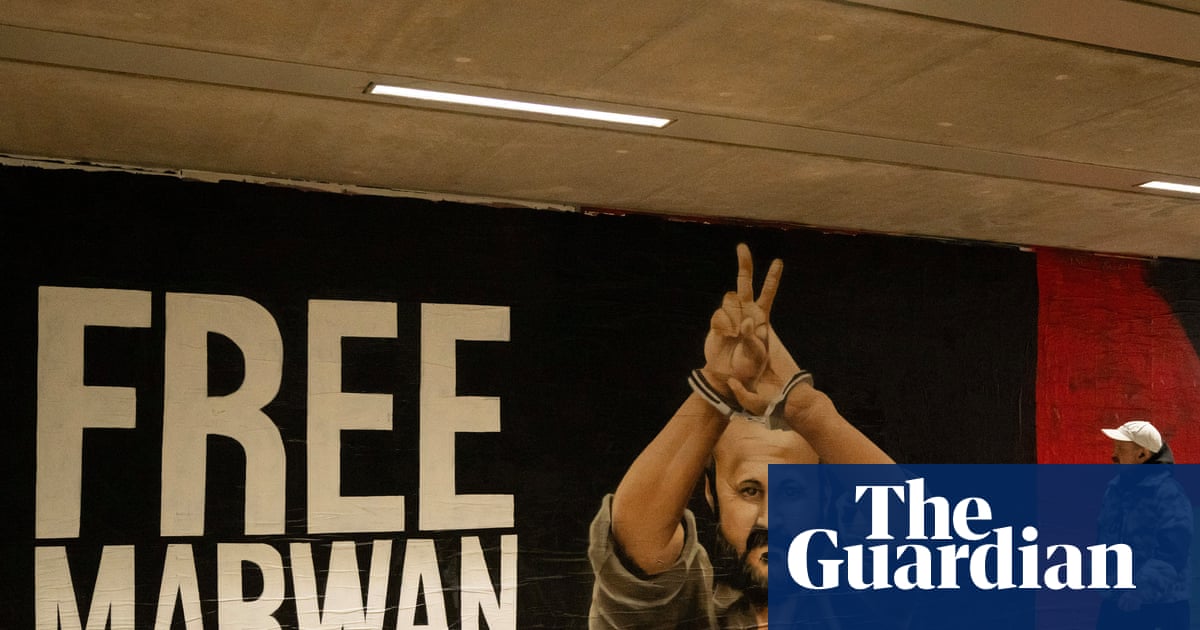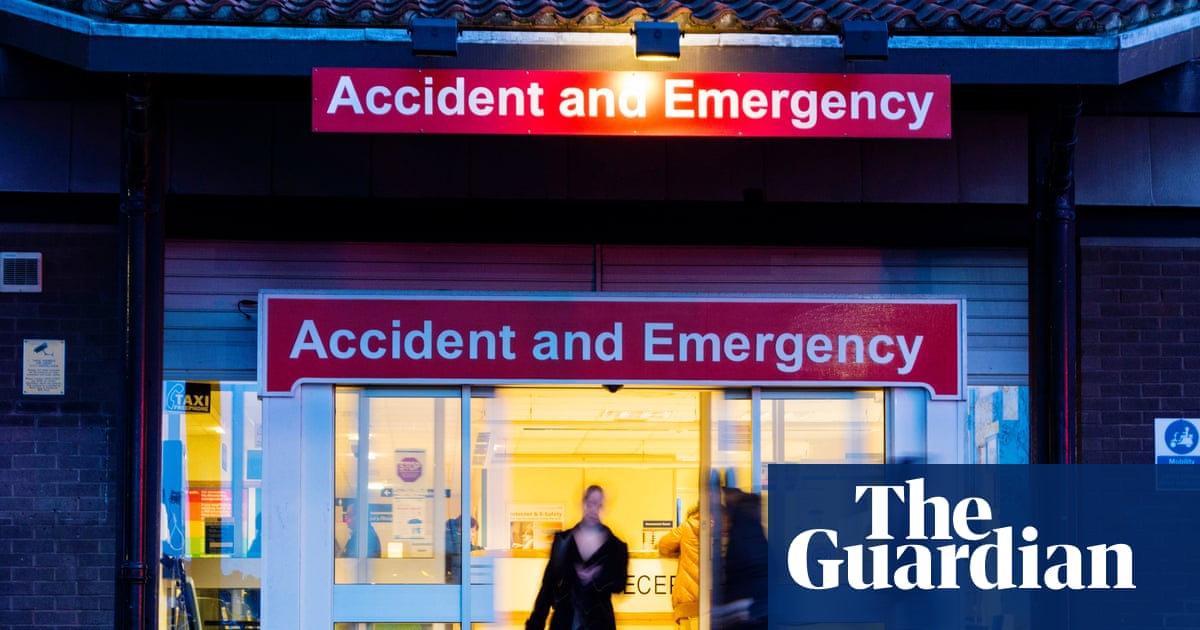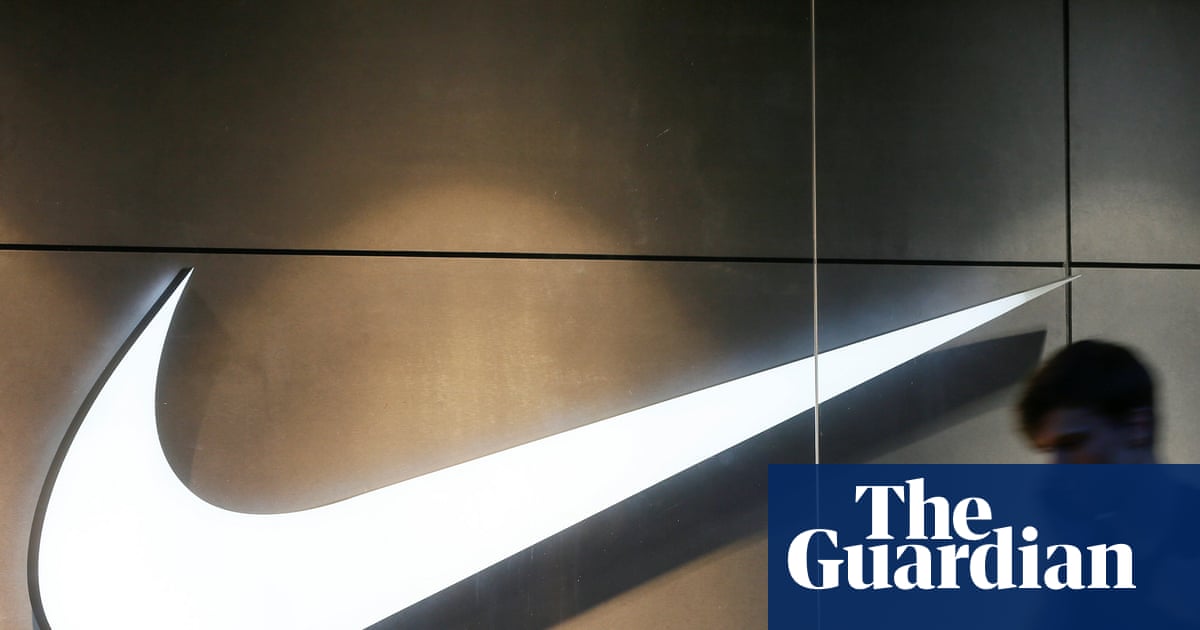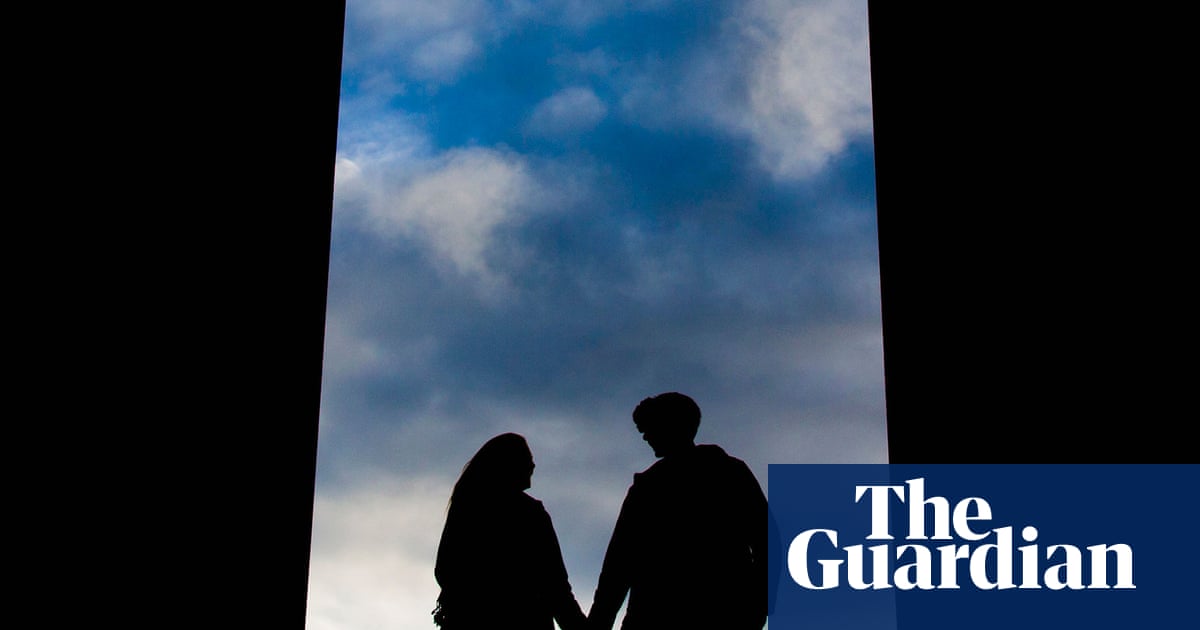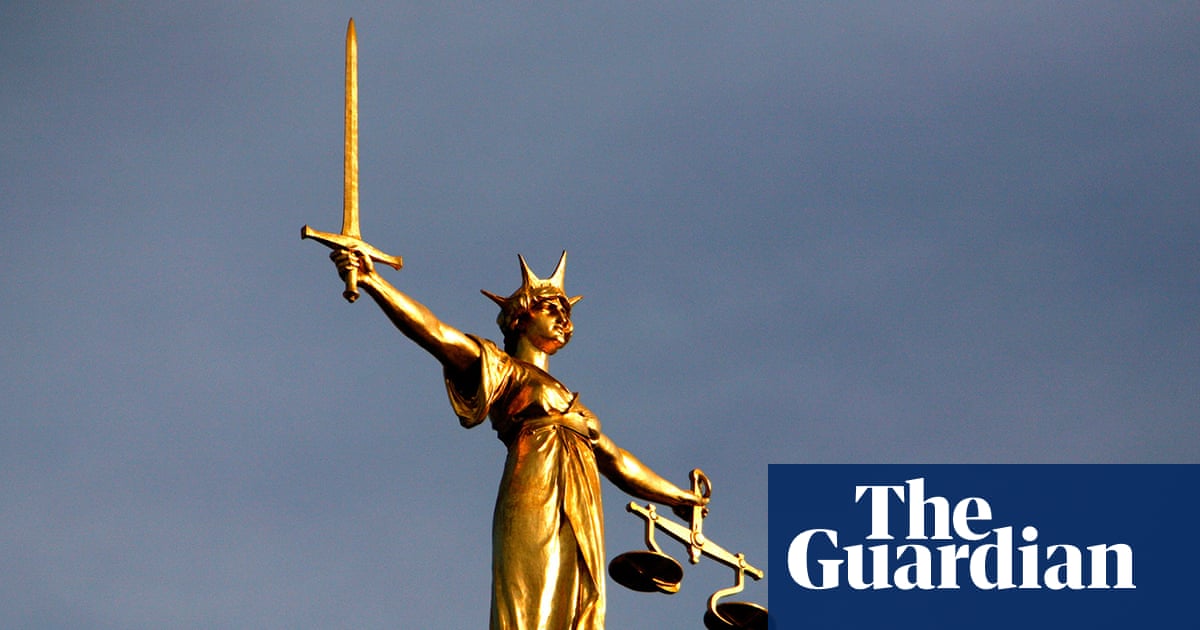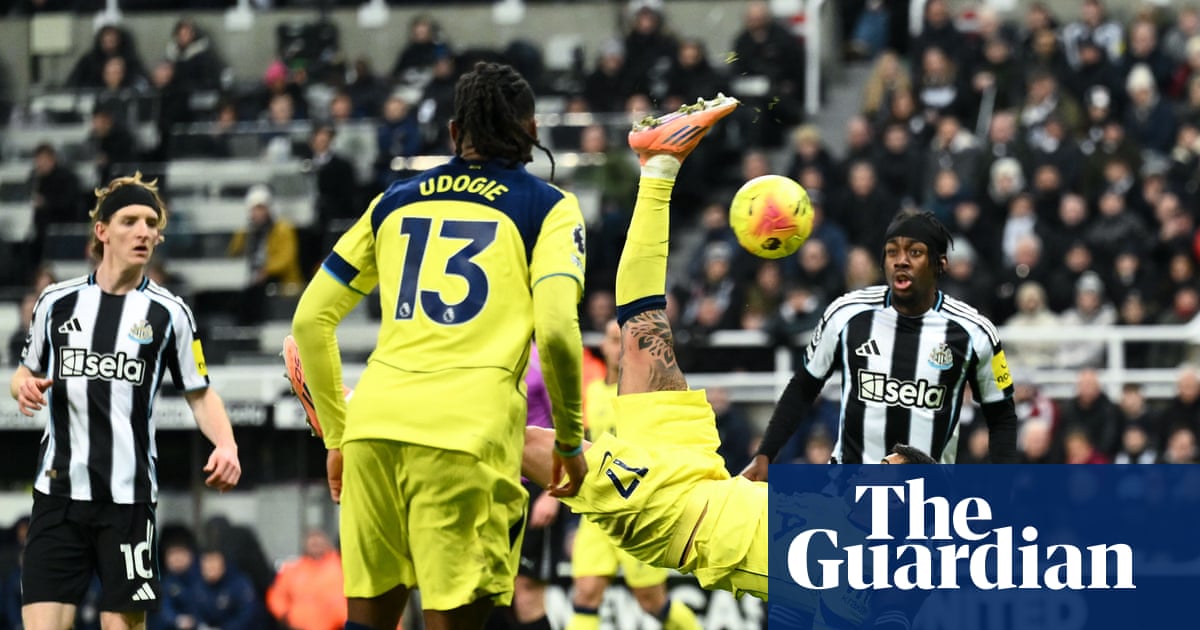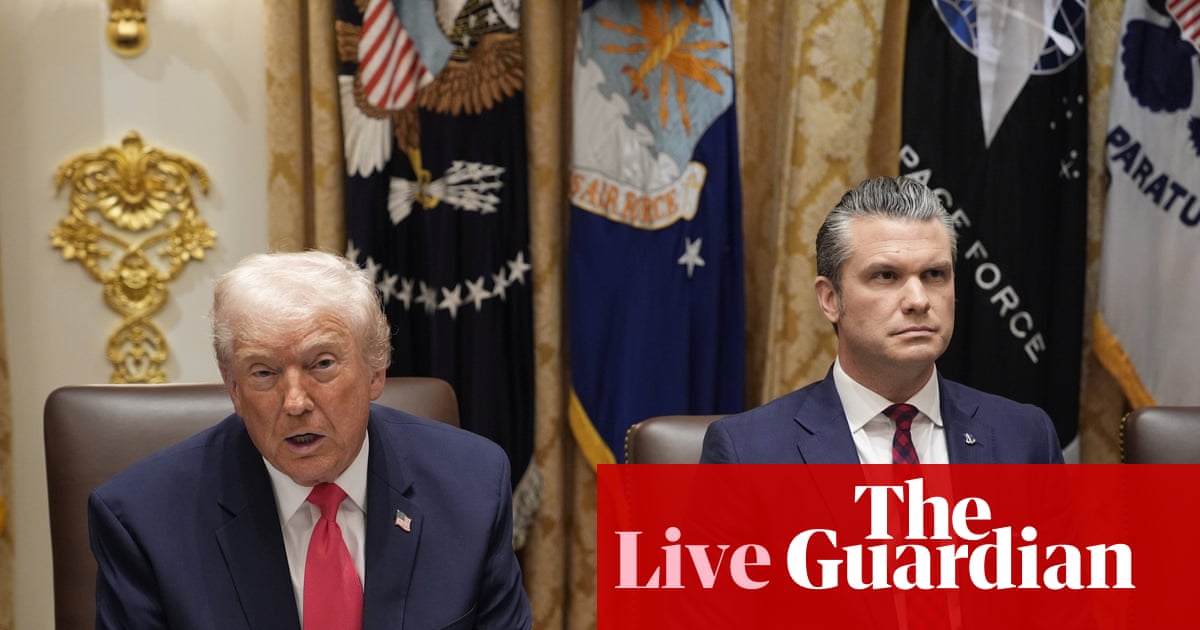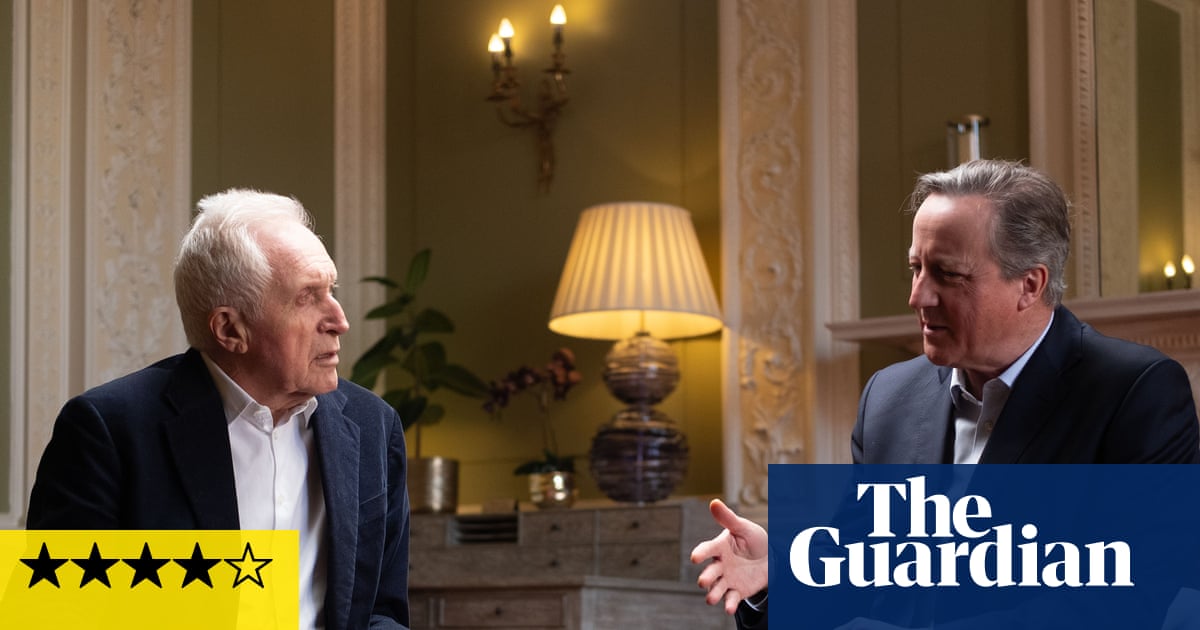There is a warning on the screen above the stage: “This play is short, sharp and shocking.” It’s a reference to the promise of Margaret Thatcher’s government to give young offenders a “short, sharp shock” at detention centres, supposedly deterring them from crime. As Mike Kenny’s new play demonstrates, the experience was certainly sharp and shocking, but its impact on those detained was far from short.
Bad Lads is created from a story by Jimmy Coffey and the testimonies of the Medomsley men held at the youth detention centre, channelling the brutal ordeals of countless young men into a single fictitious character in the 1980s. After taking a joyride on a milk float, 17-year-old Jackie is sentenced to three months at Medomsley, where he is soon subject to horrifying cruelty at the hands of the staff, enduring a relentless pattern of violence, humiliation and sexual abuse.
In Jenny Sealey’s production for Graeae, Jackie’s story is told by three actors: the character’s younger (Robin Paley Yorke) and older (Danny Raynor) selves, alongside a third Jackie (Craig Painting) who interprets in British Sign Language. As well as creatively integrating access, this choice strikingly suggests the splintering of the self in the aftermath of abuse and offers echoes of many other experiences like Jackie’s. It also allows the character to reflect forwards and backwards across time, embodying present fear and retrospective shame.
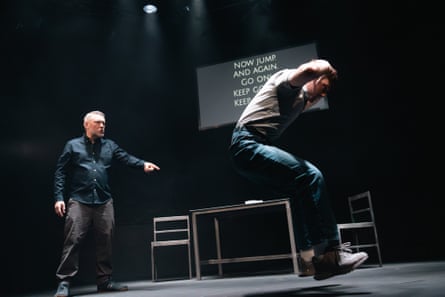
In this way we see the lasting repercussions of what these lads went through, as older Jackie looks back after more than three decades. Kenny and Sealey are careful with the representations of violence, doing just enough through language and movement to evoke these horrors without reproducing them. Simple, overlapping repetition captures the unremitting routine of abuse, while Painting’s expressive signing – a pulsing hand at the heart on the word “terror”, for example – adds a rich visual texture to the spoken descriptions. The effect is harrowing.
This is unapologetically campaigning theatre, demanding justice and accountability. The show’s theatrical power may be slightly dented by the shift to editorialising, as the performers decry the authorities’ inadequate response, but the closing call to action is hard to ignore.

.png) 1 month ago
39
1 month ago
39
